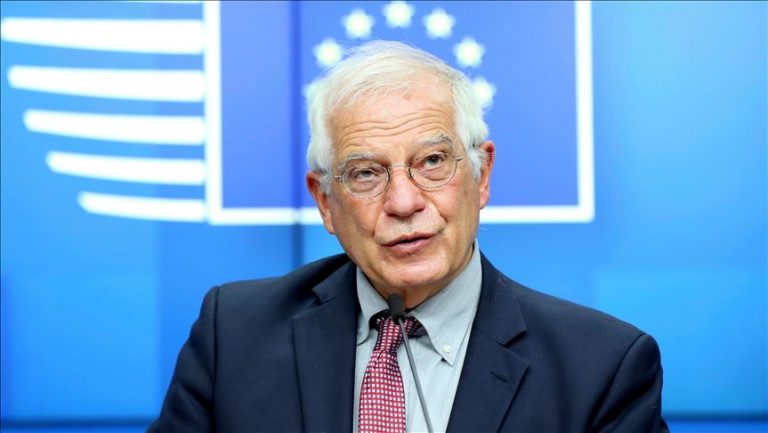On October 10, coinciding with the European and World Day Against the Death Penalty, the European Union (EU) and the Council of Europe jointly condemned capital punishment, urging its global abolition. In a statement, they labeled the death penalty as inhumane and a violation of human dignity.
The EU’s High Representative, Josep Borrell, and the Secretary General of the Council of Europe, Alain Berset, reaffirmed their opposition to the death penalty in all circumstances and encouraged the few remaining states still executing individuals to impose a moratorium as a preliminary step toward complete abolition. They noted that more than two-thirds of countries worldwide have abolished the death penalty either in law or practice, and the number of countries conducting executions has reached a record low.
Despite this trend, the statement highlighted that five countries—China, Iran, Saudi Arabia, Somalia, and the United States—remain significant executioners, with Iran alone accounting for 74% of all recorded executions in 2023. The institutions also expressed concern over the controversial method of nitrogen hypoxia being used in the United States.
Furthermore, they pointed out that Belarus is the only European nation still practicing capital punishment.
Challenging arguments that the death penalty deters crime, the EU and Council of Europe emphasized research indicating that it has little to no effect on crime reduction. They warned about the irreversible consequences of wrongful executions, stating, “The death penalty does not make societies safer. Furthermore, capital punishment makes miscarriages of justice irreversible.”
Both organizations committed to enhancing their cooperation to counter the growing support for reinstating the death penalty, including in Europe, and promised to support civil society initiatives and engage younger generations in advocating for its abolition worldwide. They concluded with a strong assertion: “The death penalty is a relic of the past which should have no place in the 21st century. It has to be abolished now.”




